Sometimes it’s not the big, obvious events that expose childhood wounds.
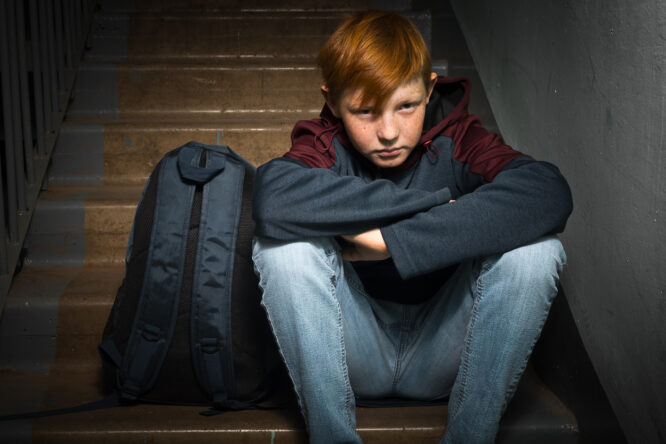
In fact, more often than not, it’s the small, everyday moments that eventually reveal just how much was never normal. These realisations tend to happen later in life, catching people off guard when the contrast becomes impossible to ignore. These are the events that tend to cause epiphanies for many people that their childhood was more traumatic than they ever realised (or would admit).
1. Feeling confused when a friend’s parent apologised to them

For those raised without emotional accountability at home, hearing an adult genuinely say, “I was wrong” or “I’m sorry that hurt you,” can feel deeply disorienting. It highlights how rarely mistakes were owned or acknowledged growing up. Instead of healing conflict through repair, many households relied on silence, denial, or blame-shifting. The simple act of a parent apologising can expose just how little emotional safety existed during those early years.
2. Being shocked that dinner wasn’t a battleground in other homes

Family meals in some households were filled with tension, control, or criticism. When other people described dinner as comforting, funny, or relaxed, it created a strange gap—one that quietly pointed to how unstable things once felt. The contrast makes it clear that conflict wasn’t supposed to be the background noise of daily life. Feeling startled by calm mealtimes often becomes a wake-up call that chaos was too familiar, too normalised.
3. Realising other people didn’t feel responsible for a parent’s mood
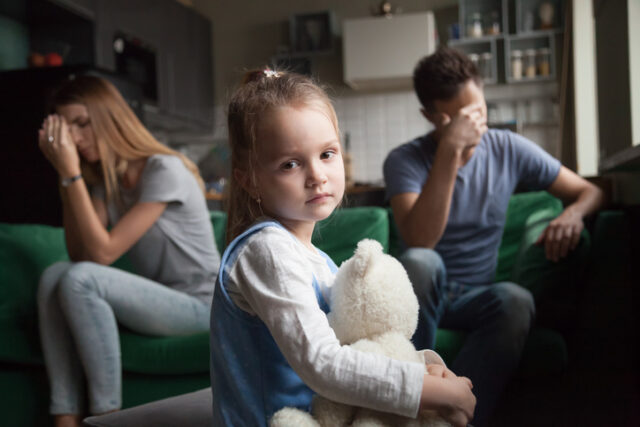
Kids who learned to monitor emotional climates—checking facial expressions, adjusting tone, avoiding certain topics—carry that hypervigilance into adulthood. The idea that a parent’s bad day wasn’t the child’s fault can feel like a revelation. It’s only in safer spaces that this deep-rooted responsibility begins to loosen. Realising it was never a child’s job to stabilise an adult’s emotions reframes what was once seen as maturity into survival.
4. Feeling panic when someone raises their voice, even if it’s not angry

Raised voices in a loving environment might signal excitement, storytelling, or playfulness. Sadly, for those who lived in high-conflict homes, any loudness can trigger an immediate sense of fear or dread. That instinctive reaction often goes unnoticed until it’s pointed out. Suddenly, it becomes clear that the nervous system was trained to brace for impact—something that doesn’t happen in emotionally safe environments.
5. Not understanding how other people felt comfortable asking for help
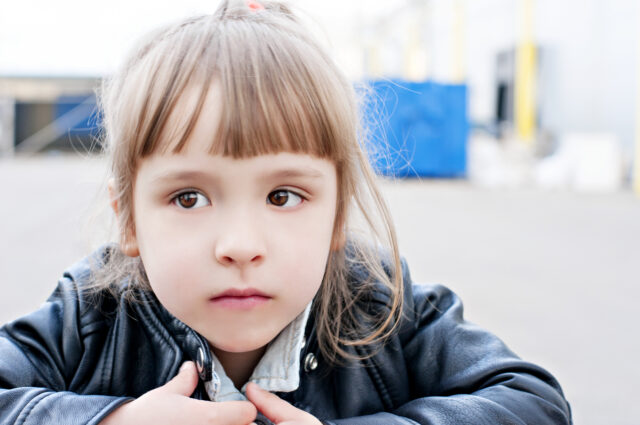
Many people learned that asking for help led to rejection, mockery, or consequences. So when someone freely voiced a need or leaned on a friend without shame, it quietly revealed how much self-reliance had been forced, not chosen. Witnessing someone feel entitled to care, without guilt or fear, can make it painfully obvious how support was withheld or conditional during childhood. Independence wasn’t always strength. In fact, it was often a necessity.
6. Feeling overwhelmed by consistent kindness
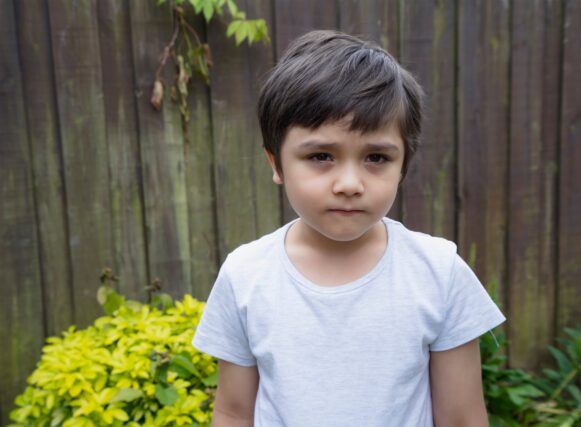
Gentle, predictable kindness can feel suspicious at first when it’s unfamiliar. The instinct might be to brace for the moment when things turn because that’s how love once worked—temporary, transactional, or unstable. Only after time passes does it become clear that kindness doesn’t have to come with a cost. That slow adjustment to softness often reveals just how much emotional danger shaped earlier attachments.
7. Being unable to answer “What do you like?” without second-guessing
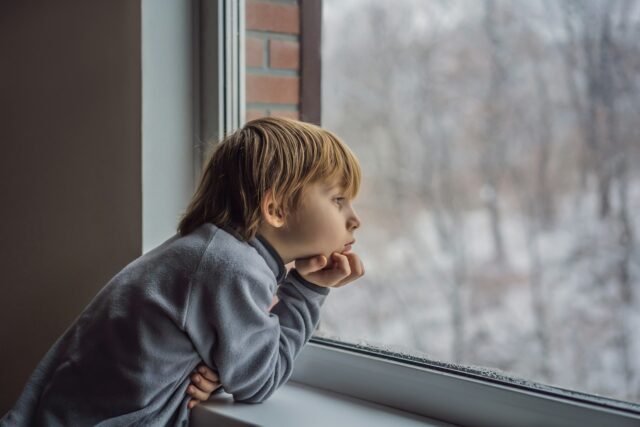 Source: Unsplash
Source: Unsplash In some childhoods, preferences were ignored, mocked, or used as leverage. Autonomy was discouraged, and emotional safety depended on adapting to what other people wanted. As a result, basic self-knowledge can feel distant. Not knowing what foods feel comforting or which activities bring joy isn’t just indecision—it can be a quiet symptom of growing up in a space where personal needs were consistently dismissed.
8. Finding it hard to relax even in peaceful environments

Calm can feel unfamiliar, even threatening, when the nervous system has been trained to anticipate conflict. In fact, peace might be the moment that anxiety peaks—not because of danger, but because the body doesn’t yet know how to exist without it. That level of hyperawareness isn’t a personality flaw—it’s a leftover survival skill. Recognising this often shines a light on how deeply childhood shaped one’s internal sense of safety.
9. Feeling surprised that people meant what they said, and followed through.

Inconsistent promises and emotional unpredictability can leave a lasting imprint. So when someone follows through on a plan, shows up on time, or does exactly what they said they would, it can feel almost surreal. Trust, in these moments, becomes a concept that finally starts to make sense. The reaction doesn’t make them overly sensitive. Instead, they’re finally noticing how deeply broken promises used to be the norm.
10. Not understanding jokes that rely on family closeness

Playful teasing, pet names, or long-running family jokes can feel foreign to those who never experienced that kind of warmth at home. There’s a moment of disconnection not because of humour, but because of unfamiliar intimacy. That sense of exclusion isn’t always about envy. Sometimes, it’s the first sign that something was missing—something soft, consistent, and lovingly ordinary that other people had without question.
11. Feeling guilty for setting even the smallest boundary

Boundaries might have been treated as defiance, disrespect, or rejection growing up. So even in adulthood, saying no can come with an avalanche of guilt, anxiety, or over-explaining—long before a boundary is even enforced. That discomfort is often mistaken for people-pleasing, but it runs deeper. It points to a dynamic where autonomy wasn’t allowed, and self-protection was framed as selfishness instead of self-respect.
12. Being praised for being “so mature for your age” as a child

That compliment, while well-meaning, often hides a painful reality—children who are labelled mature are frequently those who weren’t given space to be children in the first place. The emotional load was heavy early on. Realising that childhood maturity was actually emotional labour—caring for other people, managing adult emotions, hiding needs—can shift how the past is viewed. It wasn’t strength. It was survival dressed up as praise.
13. Feeling more comfortable in crisis than in calm

When chaos is familiar, stability can feel boring, or worse, unsafe. There’s often an urge to create movement, drama, or urgency simply because stillness doesn’t register as secure. That need for something to go wrong isn’t about being difficult. It’s the nervous system looking for familiar patterns, even if they’re painful. Recognising this can bring a deeper awareness of what home used to feel like.
14. Not knowing how to respond to consistent encouragement

Supportive feedback can feel fake or manipulative when criticism was the default growing up. Compliments may be deflected or met with suspicion—not because of arrogance, but because praise never came without strings attached. The struggle to receive kindness says a lot. It speaks to a past where love was conditional, attention was unpredictable, and vulnerability often led to pain rather than safety.
15. Realising adulthood doesn’t have to feel like constant emotional repair

When childhood is shaped by emotional instability, adulthood often feels like a long, quiet attempt to piece together what was missing—boundaries, safety, joy, identity. That effort becomes a way of life. At some point, the realisation lands: this isn’t how it’s supposed to be. Life wasn’t meant to start at a deficit. And acknowledging that truth, however quietly, is often the first step toward healing what never should’ve been broken.




